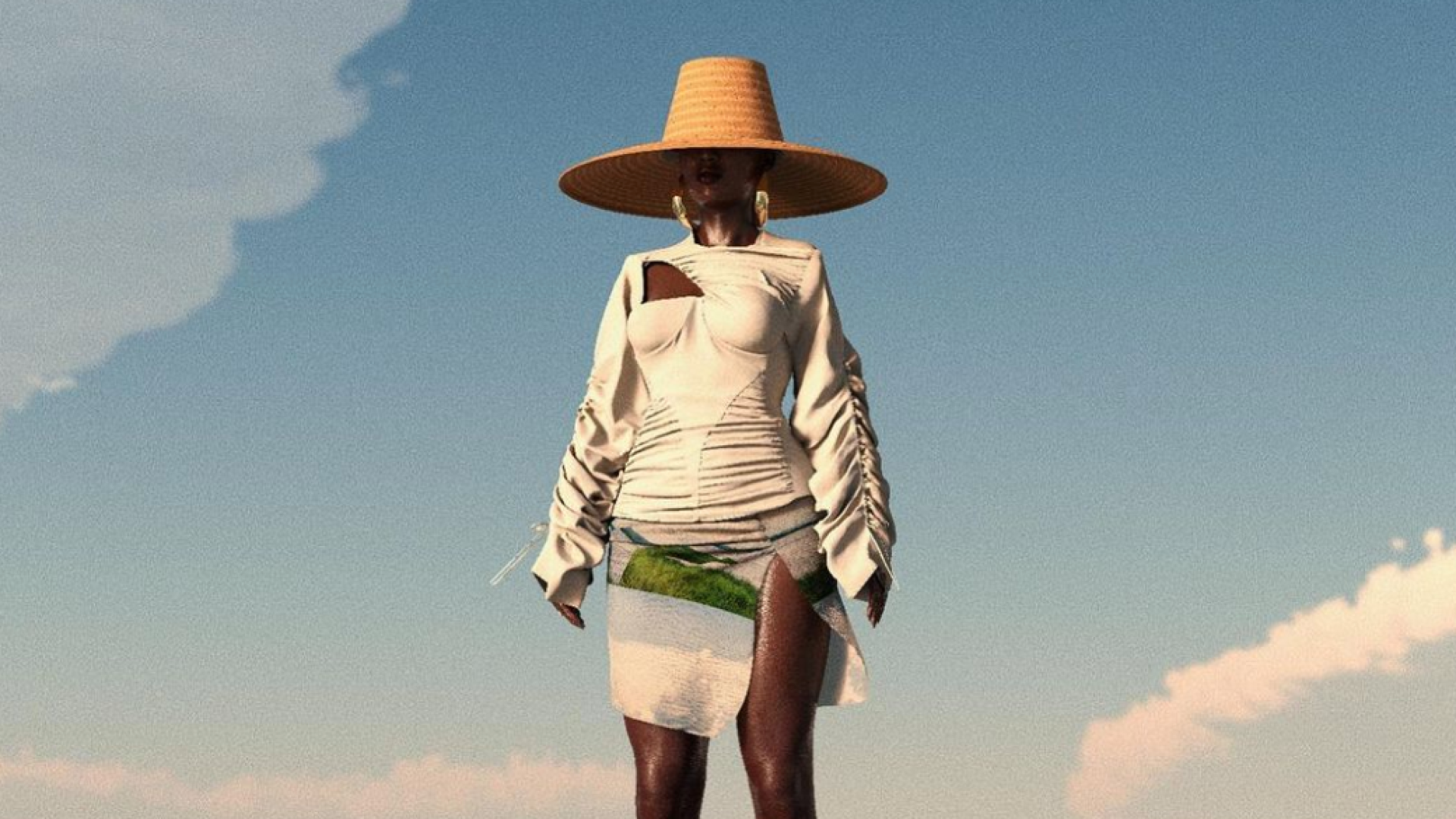
This season, a handful of designers are opting for digital presentations instead of traditional in-person runway shows. This marks a resurgence of a trend that emerged during the COVID-19 pandemic in 2020. Now, even in less challenging times, designers are increasingly embracing this cost-effective approach. Traditional fashion shows often involve substantial expenditures, running into thousands of dollars.
From production teams, makeup artists, hair, and fashion stylists on top of producing the garments, having a fashion show requires a large amount of funds. A digital runway show also serves as an inclusive means to democratize the fashion industry. Numerous individuals aspire to experience the allure of a fashion show but may not always have access to such opportunities for a variety of reasons.
Digital shows, or digital activations, as the CFDA calendar likes to use is important in the zeitgeist of fashion as the industry is always buzzing about inclusion. A digital show opens a new world for viewers who have yet to experience a runway show. Black designer Hanifa was the first to do it. In 2020, because of restrictions, designer Anifa Mvuemba took matters into her own hands with a show that was fully coded by herself. The garments moved as if they were on a model walking and soon enough, others followed her lead. Then in 2022, she had another digital show in video format with real models. From video to imagery to CGI effects, these are the brands that are continuing in the path of innovation in fashion with a digital show this New York Fashion Week. Keep scrolling if you
